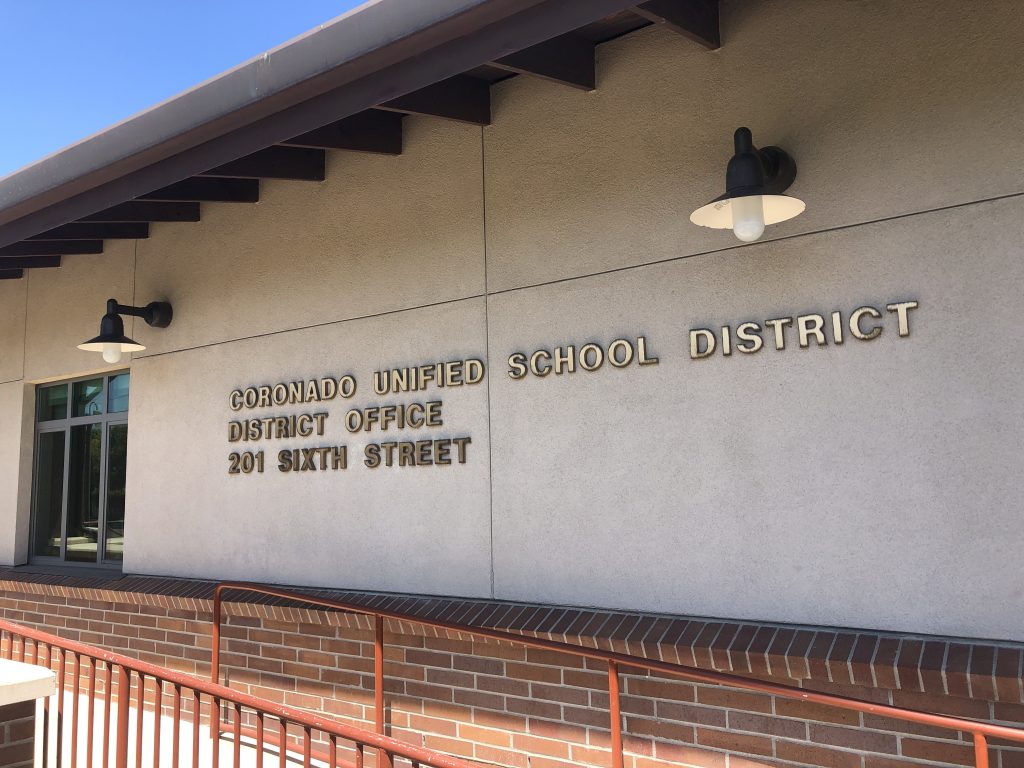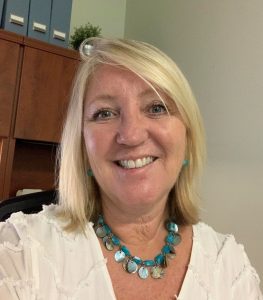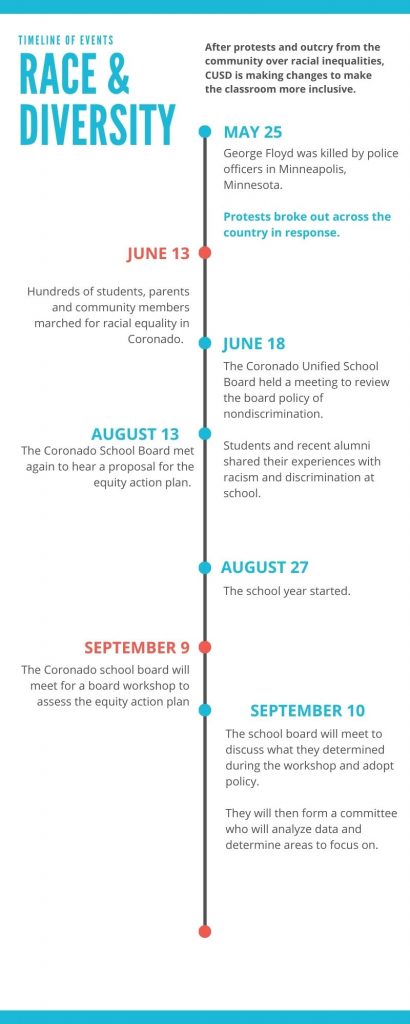
Following a summer of racial inequality protests across the country and locally, CUSD is working to make the classroom more inclusive and diverse. At a meeting in August, the school board decided not to adopt state recommended policy and is now in the process of developing its own.
“Our board wanted to dig a little bit deeper and really make it our own, and really make it succinct to Coronado, and reflective of our community,” director of student services, Niamh Foley, said.
On Sept. 9, the board will convene for a workshop in which they will discuss specific policy changes that will make up the equity action plan.

The workshop will be facilitated by Dr. Fabiola Bagula, the senior director of equity for the San Diego County Board of Education. On Sept. 10, the board will hold a meeting to adopt those policies. After that, they will create a committee of students, parents and community members who will help determine what areas the district should focus on.
“We’ve had a lot of people say ‘I’d like to be a part of that,’” Foley said. “I’m seeking guidance from the county office of education, their equity department, in how we will determine who is on the committee. There will be community members, staff members, as well as student voices. It’s so imperative that we have our students in the committee and hear their experiences.”
August’s school board meeting was met with some apprehension from the community.
More than a dozen community members submitted comments about the equity action plan. A number of them expressed concern that the school board would make changes too quickly. Others wanted more transparency about the process. Foley, however, says the community has been more understanding after her presentation at the meeting.

“Prior to that, the misconception was that we were making a rash decision to adopt curriculum,” Foley said. “That is not at all the case. There was also some energy around the community that we were acting too quickly. I clarified that the equity committee would convene over the course of a two-year window. It really is a plan that we anticipate digging deep and really looking at the data, and using that data to really drive our decisions.”
Some community members also brought up the lack of racial diversity in the school administration, questioning if this would hinder their ability to create an equity action plan. However, Foley says inequities exist in many forms, not just in skin-tone.
“As an educator, I wouldn’t want someone to say I hold a master’s degree in history and teaching credential in history, but I did not live through World War 1 therefore I’m not capable of teaching the story of World War 1 history,” Foley said. “People have to be allowed to share their story. Just because my skin is a different color than yours should not make me less able to bring equitable decisions to a school district.”
Foley says the district took what students and recent alumni said about issues of racism and discrimination at CUSD to heart.
“What we heard from our students, who were extremely brave in standing up and sharing their stories, is that they didn’t get something that they needed, whether they felt they couldn’t share their opinion, didn’t have a teacher they could confide in, whatever that was,” Foley said. “We want to put those supports in place.”
Although the events of this summer have exposed racial inequities, Foley says the district has been doing equity work for years.
“We’ve been doing this work but just have been calling it something different,” Foley said. “But when you look back at our goals and our guiding principles of our multi-tiered system of support, it really focuses on how we make sure students have what they need when they need it. And that to me is really the definition of viewing public education through an equity lens.”
She also says she’s seen change happening off campus as well. In her own personal life, she has found herself reading books she normally wouldn’t have thought to pick up, and having hard conversations about these topics.
“I think if nothing else, it is opening those pathways to having what were previously viewed as uncomfortable conversations,” Foley said.
Related article: Local Group Advocates for Diversity and Inclusion at Coronado Schools





